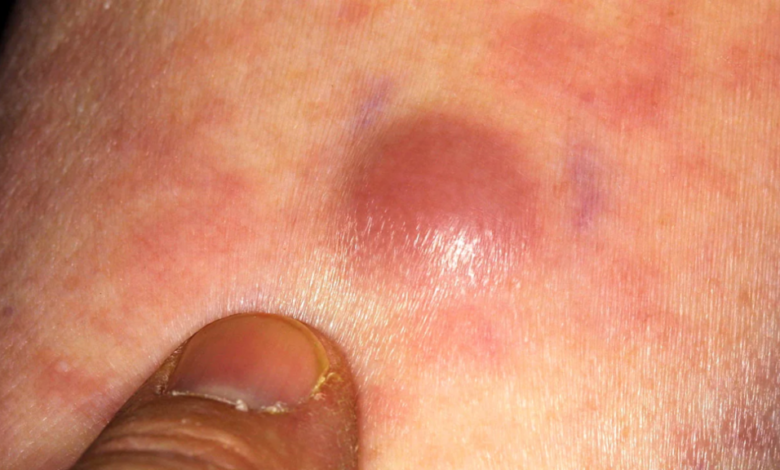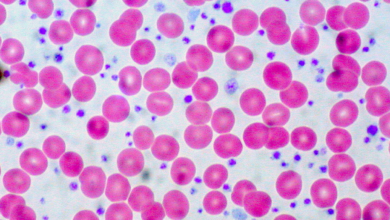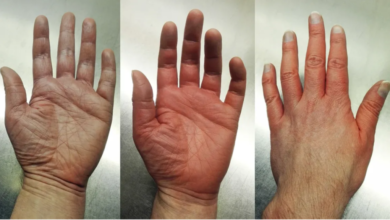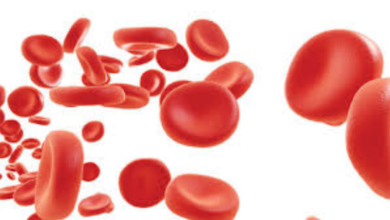Acute Myeloid Leukemia (AML)
Understanding AML: Symptoms, Diagnosis, and Treatment

What is Acute Myeloid Leukemia (AML)?
Acute myeloid leukemia (AML) is a type of cancer that affects the bone marrow. It causes the bone marrow to produce abnormal white blood cells called myeloblasts. These abnormal cells crowd out healthy blood cells, leading to various health problems.
Types of Acute Myeloid Leukemia (AML)
AML can be classified into different subtypes based on the specific genetic changes in the cancer cells. Some common subtypes include:
• Acute myelogenous leukemia with recurrent genetic abnormalities
• Acute myeloid leukemia with myelodysplasia-related changes
• Acute promyelocytic leukemia
Symptoms of Acute Myeloid Leukemia (AML)
Symptoms of AML can vary but often include:
• Fatigue
• Frequent infections
• Easy bleeding or bruising
• Fever
• Night sweats
• Weight loss
• Bone pain
• Swollen lymph nodes
• Enlarged liver or spleen
Causes of Acute Myeloid Leukemia (AML)
The exact cause of AML is often unknown. However, certain factors can increase the risk, such as:
• Exposure to radiation or certain chemicals: Exposure to these substances can increase the risk.
• Genetic factors: Certain genetic mutations can increase the risk.
• Previous chemotherapy or radiation therapy: Prior cancer treatment can increase the risk of developing secondary AML.
Who Can Suffer from Acute Myeloid Leukemia (AML)?
Anyone can develop AML, but it is more common in older adults.
Diagnostic Tests for Acute Myeloid Leukemia (AML)
To diagnose AML, a doctor may use a combination of tests, including:
• Complete blood count (CBC): To check for abnormalities in the blood cells.
• Bone marrow aspiration and biopsy: To examine bone marrow cells.
• Cytogenetic analysis: To identify specific genetic abnormalities in the cancer cells.
• Flow cytometry: A laboratory technique to identify specific types of cells.
Stages of Acute Myeloid Leukemia (AML)
AML is not typically staged in the traditional sense. Instead, it is classified based on the specific type of AML and the presence of certain genetic abnormalities.
Treatment of Acute Myeloid Leukemia (AML)
The treatment for AML depends on the specific type, stage, and overall health of the patient. Common treatment options include:
• Chemotherapy: To kill cancer cells throughout the body.
• Stem cell transplantation: To replace damaged bone marrow with healthy stem cells.
• Targeted therapy: To target specific molecules involved in cancer cell growth.
Diet and Acute Myeloid Leukemia (AML) Prevention
While a healthy diet can support overall health, it cannot directly prevent AML. However, maintaining a balanced diet can help strengthen the immune system and reduce the risk of certain factors that may contribute to the development of the disease.
Here are some general dietary recommendations:
• A balanced diet: A diet rich in fruits, vegetables, and whole grains can help.
• Limit processed foods and sugary drinks: These can contribute to weight gain and other health problems.
• Maintain a healthy weight: Obesity is linked to an increased risk of certain cancers.
Overall Survival Rate of Acute Myeloid Leukemia (AML)
The overall survival rate for AML varies depending on the specific type, stage, and treatment received. While significant advancements have been made in treatment, AML remains a serious disease. Early detection and aggressive treatment are crucial for improving the prognosis.
Doctor to Consult
A hematologist-oncologist is the best doctor to consult for AML.
Diseases Associated with Acute Myeloid Leukemia (AML)
AML is not directly associated with other specific diseases. However, certain genetic factors and environmental exposures can increase the risk of developing AML.
How to Prevent Acute Myeloid Leukemia (AML)
While there’s no guaranteed way to prevent AML, the following strategies can reduce the risk of certain factors that may contribute to the disease:
• Limit exposure to radiation and certain chemicals: Exposure to these substances can increase the risk of certain types of cancer.
• Maintain a healthy weight: Obesity is linked to an increased risk of certain cancers.
• Regular check-ups: Regular check-ups can help detect any abnormalities early on.
• Healthy lifestyle: A healthy lifestyle, including a balanced diet and regular exercise, can help boost the immune system.





